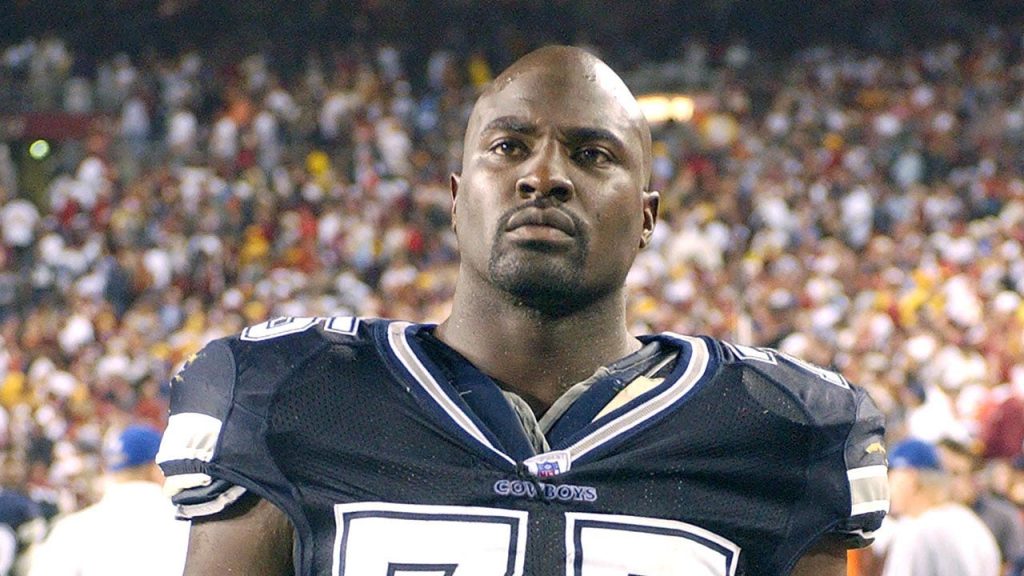Former NFL defensive end Marcellus Wiley expressed his disgust over the ongoing protests at Columbia University, where he played college football. He emphasized the importance of peaceful protest and criticized the unruly behavior exhibited by some students. Wiley, who is actively involved in the community through his foundation Project Transition, noted that many students may not fully understand the reasons behind their protests and emphasized that protesting is not the “end all be all.” He pointed out that students’ actions could impact their future and tarnish the reputation of the university.
Wiley highlighted the need for proper leadership and management in handling student protests, citing Stanford University as a positive example. He commended other universities for specifying rules of engagement for protests and enforcing consequences for policy violations. At Stanford, students had created an encampment to protest Israel’s military offensive in the Gaza Strip, prompting the university to take action against policy violations. While protest organizers criticized the university’s response, Wiley emphasized the importance of maintaining order and discipline during protests to prevent damage to a university’s reputation.
The former Buffalo Bills defender emphasized the importance of reputation and academic excellence when considering the impact of protests on a university. He warned that destructive behavior, such as creating encampments and damaging property, could harm the overall image of the institution. Wiley urged students to consider the consequences of their actions and to take additional steps beyond protesting to bring about societal change. He underscored the need for universities to establish clear guidelines for protests and to swiftly address any violations to maintain order and discipline on campus.
Wiley’s experience as an NFL player and his involvement in community initiatives allowed him to provide insight into the motivations behind protests and the potential repercussions of unruly behavior. He encouraged students to engage in constructive dialogue and peaceful demonstrations to address social issues effectively. Through his foundation Project Transition, Wiley remains committed to supporting youth in the community and promoting positive change. His perspective on the protests at Columbia University reflects a concern for the impact of student actions on the university’s reputation and the need for effective leadership in managing protests on college campuses.
In conclusion, Marcellus Wiley’s criticism of the protests at Columbia University highlights the importance of peaceful and purposeful demonstrations. He stresses the need for students to understand the reasons behind their protests and the potential consequences of their actions. By advocating for clear guidelines and consequences for policy violations during protests, Wiley emphasizes the importance of maintaining order and discipline on college campuses. His insights draw attention to the broader issues surrounding student activism and the role of universities in managing protests effectively. Wiley’s perspective as a former NFL player and community advocate contributes to the ongoing dialogue about the impact of protests on academic institutions and the broader society.


